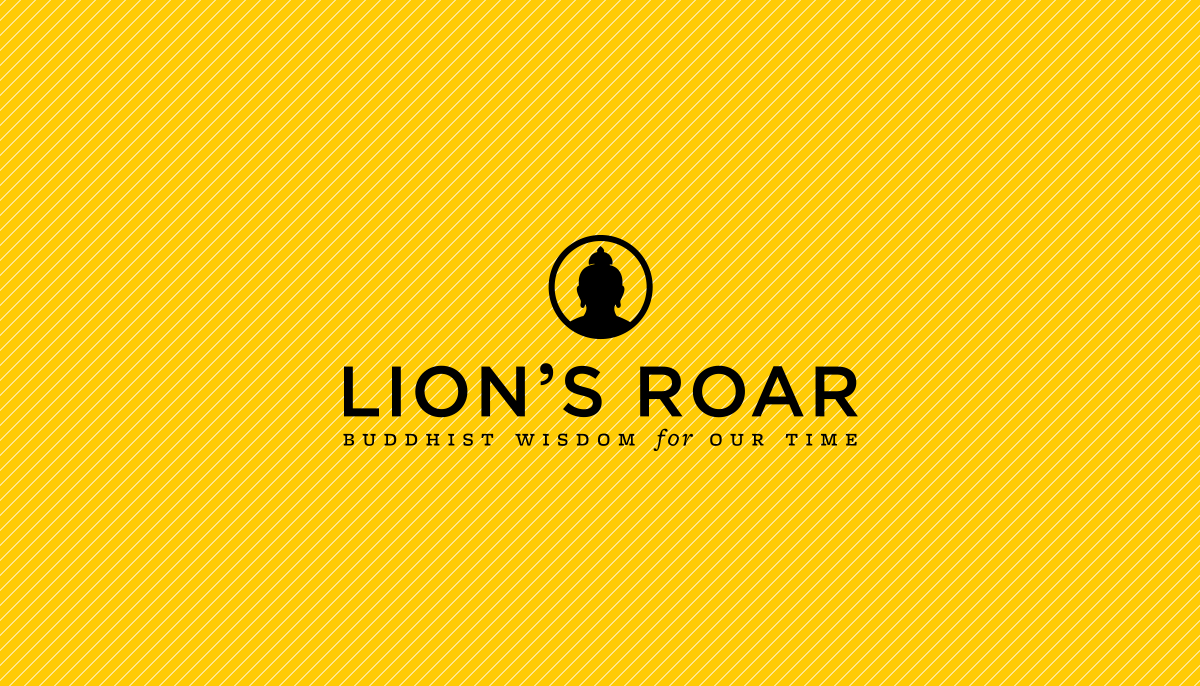Liberalism’s objections to mythic forms do not apply to formless awareness. Thus liberalism and authentic spirituality can walk hand in hand. There are two major dialogues in the modern world that I believe must take place, one between science and religion, and then one between religion and liberalism.
The way it is now, the modern world really is divided into two major and warring camps, science and liberalism on the one hand, and religion and conservatism on the other. And the key to getting these two camps together is first, to get religion past science, and then second, to get religion past liberalism, because both science and liberalism are deeply anti-spiritual. And it must occur in that order, because liberalism won’t even listen to spirituality unless it has first passed the scientific test. (Showing how that might happen was a major theme of my book, Sense and Soul.)
In one sense, of course, science and liberalism are right to be anti-spiritual, because most of what has historically served as spirituality is now prerational, magic or mythic, implicitly ethnocentric, fundamentalist dogma. Liberalism traditionally came into existence to fight the tyranny of prerational myth and that is one of its enduring and noble strengths (the freedom, liberty, and equality of individuals in the face of the often hostile or coercive collective). And this is why liberalism was always allied with science against fundamentalist, mythic, prerational religion (and the conservative politics that hung on to that religion).
But neither science nor liberalism is aware that in addition to prerational myth, there is transrational awareness. There are not two camps here: liberalism versus mythic religion. There are three: mythic religion, rational liberalism, and transrational spirituality.
The main strength of liberalism is its emphasis on individual human rights. The major weakness is its rabid fear of Spirit. Modern liberalism came into being, during the Enlightenment, largely as a counterforce to mythic religion, which was fine. But liberalism committed a classic pre/trans fallacy: it thought that all spirituality was nothing but prerational myth, and thus it tossed any and all transrational spirituality as well, which was absolutely catastrophic. (As Ronald Reagan would say, it tossed the baby with the dishes.) Liberalism attempted to kill God and replace transpersonal Spirit with egoic humanism, and as much as I am a liberal in many of my social values, that is its sorry downside, this horror of all things Divine. Liberalism can be rightfully distrustful of prerational myth, and yet still open itself to transrational awareness. Its objections to mythic forms do not apply to formless awareness, and thus liberalism and authentic spirituality can walk hand in hand into a greater tomorrow. If this can be demonstrated to them using terms they find acceptable, then we would have, I believe for the first time, the possibility of a postliberal spirituality, which combines the strengths of conservatism and liberalism but moves beyond both in a transrational, transpersonal integration. The trick is to take the best of both, individual rights plus a spiritual orientation, and to do so by finding liberal humanistic values plugged into a transrational, not prerational, Spirit. This spirituality is transliberal, evolutionary and progressive, not preliberal, reactionary and regressive. It is also political, in the very broadest sense, in that its single major motivation, compassion, is pressed into social action. However, a postconservative, postliberal spirituality is not pressed into service as public policy, transrational spirituality preserves the rational separation of church and state, as well as the liberal demand that the state will neither protect nor promote a favorite version of the good life. Those who would transform the world by having all of us embrace their new paradigm, or particular God or Goddess, or their version of Gaia, or their favorite mythology, these are all, by definition, reactionary and regressive in the worst of ways: preliberal, not transliberal, and thus their particular versions of the witch hunt are never far removed from their global agenda. A truly transliberal spirituality exists instead as a cultural encouragement, a background context that neither prevents nor coerces, but rather allows genuine spirituality to arise.
But one thing is absolutely certain: all the talk of a new spirituality in America is largely a waste of time unless those two central dialogues are engaged and answered. Unless spirituality can pass through the gate of science, then of liberalism, it will never be a significant force in the modern world, but will remain merely as the organizing power for the prerational levels of development around the world.
Material in this column appears in One Taste: The Journals of Ken Wilber, from Shambhala Publications Inc., Boston. © Ken Wilber, 1998.
